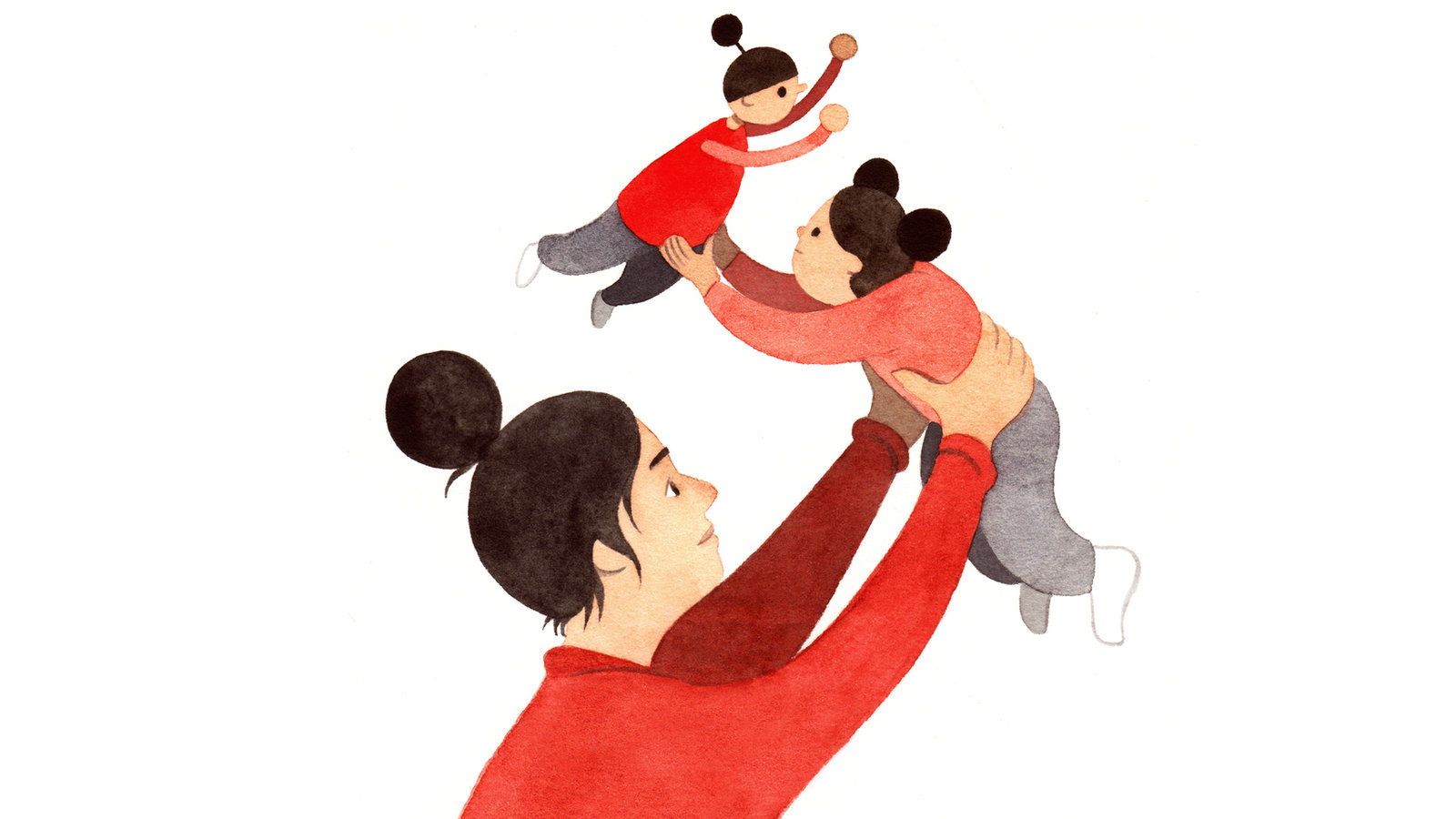I’m not sure who needs to hear this (or if the title gave it away), but being open is not the same as being vulnerable. Being available isn’t necessarily a bad trait—it can make you more open to ideas, adventures, and life. However, openness disguised as vulnerability is tricky. It’s the deliberate shouting of things that might be considered taboo or not typically disclosed, but when you’re “open,” you’re the alpha in a social power dynamic. So, what does being vulnerable imply?
Being Vulnerable Meaning
Vulnerability is a sacrifice of comfort and ego, exposing yourself to emotional velociraptors. So, yeah, that sounds terrifying. However, there is a significant relationship payoff: vulnerability is the catalyst for true intimacy, the thing we all crave that makes us feel safe in a roundabout way.
Why Vulnerability is a Strength
What are your first thoughts when you consider being vulnerable? Many people associate vulnerability with feelings of fear, uncertainty, or shame. We may have been taught not to appear susceptible (especially to men in our society). The risk of rejection or failure comes with vulnerability, which can be frightening. As a result, we may try to avoid being vulnerable as much as possible. While being vulnerable is often perceived as a sign of weakness, it is an essential part of the human experience.
Benefits of Being Vulnerable
Brené explains how, while vulnerability can be uncomfortable, it is also a source of joy, creativity, authenticity, and love. We can let down our guards and be seen for who we indeed are when we are vulnerable. The truth about vulnerability is that it is a strength, not a weakness. Here are just a few of the numerous advantages of embracing vulnerability:
Related Article: I WANT A BABY: Why Do I Want a Baby So Badly (Detailed Guide)
- The vulnerability allows us to be our authentic selves rather than try to please others.
- We develop empathy through vulnerability. We can lower our defenses, better understand and share our emotions, and encourage others to do the same. As a result, we become more understanding, willing to forgive others, and eager to love others.
- Being vulnerable can make it easier to work through our emotions (rather than push them away). Vulnerability promotes emotional and mental well-being.
- Vulnerability is also a sign of bravery. When we embrace who we are and what we are feeling, we become more resilient and brave.
Finally, being vulnerable can assist us in developing more robust connections and relationships with others. It helps us find people who accept us for who we truly are.
Being vulnerable is an unavoidable part of life. Instead of fighting it, we can embrace it, knowing it will enrich our lives in the long run. Consider this. It is vulnerable to tell someone you love them. Trying something new makes you weak and nervous. Sharing a challenging experience or struggle with someone is also vulnerable and frightening.
Quotes About Being Vulnerable
Here are some quotes to persuade you that, when used wisely, vulnerability can be a powerful tool.
- “Vulnerability sounds like honesty and feels like bravery.” “Truth and courage aren’t always easy, but they’re never a sign of weakness.” Brown, Brené
- I believe Freddie Mercury is the best of all time in terms of rock vocals. It was vulnerable in some ways. His technical ability was incredible, and his voice revealed so much of his personality. I’m not even a fan of Queen Records, and I still think he’s one of the best. ” Cornell, Chris
- “I do not believe that suffering alone teaches. If only suffering were taught, the entire world would be wise because everyone suffers. Mourning, understanding, patience, love, openness, and the willingness to remain vulnerable must be added to the suffering.” “Gift From The Sea,” Anne Morrow Lindbergh
- “Vulnerability is the source of connection and the path to a sense of worthiness.” “If the sharing does not feel vulnerable, it is probably not constructive.” Brown, Brené
- “There is a distinction between vulnerability and disclosing everything about yourself.” Vulnerability is a sensation. Telling everyone about yourself is just a collection of facts and details.” – Simon Sinek
Related Article: HOW TO ASK A GIRL FOR HER NUMBER: 10 Smart Techniques that Work Every Time!!!
- “Letting people know they are not alone is one of the most important things you can do on this planet.” Alder, Shannon L.
- “Why is female vulnerability acceptable only when it is neurotic and personal when it feeds back on itself?” Why don’t people get it when we approach vulnerability from a distance, like philosophy?” -Christopher Kraus
- “We are vulnerable, not fragile, but our desire to live without experiencing pain causes us to feel fragile.” Sgarro, Luigina
- “One of the biggest risks we can take is putting our art out there.” It’s a unique type of vulnerability. Being an artist requires guts. “Bursts of Brilliance For a Creative Life Blog,” Teresa R. Funke.
- “Everyone is equally weak on the inside; the only difference is that some present their ruins as new castles and become kings.” Simona Panova’s
- “Be cautious about who you associate with, especially when you are emotionally vulnerable because negative people can steal your dream right out of your heart.” – Joel Osteen
How to Be Vulnerable
How do you make yourself more vulnerable? Mindfulness is the best place to start. Try to be open and aware of your feelings of fear. Take note of what causes it, who drives it, and when it occurs. When you become more aware of this information, resist the urge to hide your vulnerability. When you notice yourself covering up your vulnerable side, here are some suggestions:
#1. Identify your level of vulnerability.
Anderson recommends diving deep and clarifying what vulnerability means to you as a starting point for your vulnerability journey. Consider: What would it take for me to become more vulnerable? She also emphasizes the importance of considering the role of vulnerability in your family’s upbringing because it may be influencing how you relate to vulnerability now. This is your chance to redefine it for yourself.
#2. Become acquainted with yourself
To be able to express and be vulnerable, you must first truly know and understand yourself on a deeper level. To accomplish this, Fredheim suggests engaging in activities that help you connect with your natural state, such as yoga, listening to music, writing, or meditating. “It’s critical to find a safe place where you can anchor yourself daily,” she says. Sometimes, this is all we need to feel at ease in our vulnerability and carry it wherever we go.
#3. Converse with yourself in the mirror
Giving yourself a pep talk in the mirror may feel strange and uncomfortable initially, but isn’t that what being vulnerable is all about? Fredheim recommends this powerful practice to help you open up and strengthen your relationships. She says, “We can easily give love and compassion to others if we can face ourselves with love and compassion.”
Related Article: WHY IS COMMUNICATION IMPORTANT IN A RELATIONSHIP?
#4. Become acquainted with the sensation of vulnerability.
If being vulnerable is something you’ve never done before, Anderson recommends getting to know how it feels. “This isn’t an intellectual exercise,” she explains. It’s about paying attention to how you feel in your body.
#5. Step outside your comfort zone.
Being vulnerable necessitates doing or saying something that takes you outside your comfort zone. Fredheim suggests doing things you’ve never done before, such as signing up for a dance or drama class.
#6. Accept responsibility for your thoughts.
Just as we must accept responsibility for our actions, we must also assume responsibility for our thoughts and emotions rather than blaming them on something or someone outside of ourselves. “Taking responsibility in this way cracks open any defenses you may have,” Anderson says.
#7. Tell the truth.
According to Fredheim, at its core, vulnerability is about expressing your truth, whatever that may be. Tell the people in your life how much you love and appreciate them. Tell us how you feel. Share your accomplishments and feelings of pride.
Recovering From the Fear of Vulnerability
Being vulnerable is a state of emotional exposure accompanied by some uncertainty. It entails accepting the emotional risk of being open and willing to love and be loved. Fear of vulnerability is a widespread phobia. Once you understand this central emotional challenge, you can learn how to be vulnerable—and why it’s rewarding.
Related Article: SIGNS OF LOW SELF-ESTEEM IN A WOMAN: TOP 10 SIGNS IN 2024
Here are six steps to overcome your fear of vulnerability.
This process can help you reclaim aspects of your authentic self hidden in the shadows. Slowly follow this template for naked sharing using a journal, personal reflection time, and patience.
#1. Recall
Remember a belief or experience that has caused you to conceal it.
#2. Reflect
Consider the following memory: What occurred? Who was present? What effect did it have on you?
#3. Reveal on paper
In a journal, write about your memories, thoughts, feelings, actions, and emotional reactions. Nothing but free flow. Get it all out on paper. Then, as if you were hearing it from your younger self, read it yourself.
#4. Reveal to another
Make a significant step. Who can you tell your story to? Who can you rely on to listen to you with open ears and full acceptance?
#5. Reboot
After you’ve shared with someone you trust, imagine rebooting your memory, just like computer memory. Allow it to be defragmented and safely stored.
#6. Restart
Begin your journey back to your future right now. You have now achieved a fresh start with this memory or story. You’ve discovered ways to begin revealing your truths, first to yourself and then to others.
What Are Examples of Being Vulnerable?
Vulnerability Examples
- Informing others when they have done something that has irritated you.
- Share something personal about yourself with someone that you would normally keep to yourself.
- Being willing to feel pride or shame.
- Reach out to someone you haven’t spoken to in a long time and want to reconnect with.
Is Being Vulnerable a Good Thing?
Being vulnerable can make it easier to work through our emotions (rather than push them away). Vulnerability promotes emotional and mental well-being. Vulnerability is also a sign of bravery. When we embrace who we truly are and what we are feeling, we become more resilient and brave.
How Can You Tell if Someone Is Vulnerable?
What kind of person is most vulnerable? Dysfunction can be physical, mental, or emotional. Depression, recently losing a partner, a lack of friends or a social network, living alone, or not having contact with their children are all factors.
Conclusion
It’s much easier to hide your vulnerable inner self by pretending to be tough on the outside than to show your true, vulnerable self. However, you will often discover that your vulnerabilities are the source of your strength.
Related Article: What Makes a Good Relationship? 13+ Indispensable Rules & Characteristics
Because of the people who have harmed you in the past and how cruel and harsh the world can be, it is easy to become nihilistic, angry, and resentful. Yet, despite knowing full well how cruel the world can be, it takes a lot of courage and confidence to open yourself up to the world. We can even learn and develop strength through vulnerability.
We can conclude that displaying your vulnerability is a sign of strength and courage rather than weakness. And there should be a distinction between being vulnerable and being weak.



